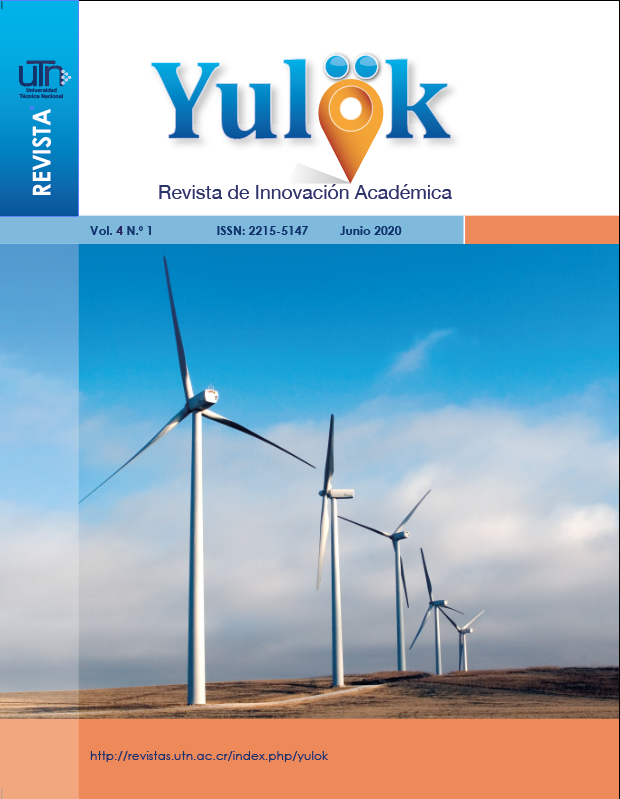Learning of Soft Skills: Students Perceptions in The Metacognitive Module at The National Technical University
Main Article Content
Abstract
This article analyses the perception of first-year students of the National Technological University (UTN) on learning soft skills capacities in the Metacognitive Module of the Introductory Cycle 2018. The implementation of this module, focused in the development of soft skills, is a unique experience in the country and in the region, which is the reason why it is relevant to establish an idea of the student’s perception in this field and their dominance of the matter. The study had a mix approach, an exploratory scope and used a digital survey apply with a convenience sample. Of the total of students (3360), 1532 were informant participants in the implementation of the survey with 1014 responses in the tracing. The results show that the first-year students of the UTN perceive positively the learning experience of the Module, improvements in their mastery of soft skills and relevance in their transition to university life, as well as establishing possibilities for improvement in the learning of specific competences and the process of transition to career courses.
Article Details
Section

This work is licensed under a Creative Commons Attribution-NonCommercial-ShareAlike 4.0 International License.
Todos los artículos publicados están protegidos con la licencia Creative Commons Atribución-NoComercial-CompartirIgual 4.0 Internacional
![]()
How to Cite
References
Errazuriz, J. (2018). Hacia una educación más integral: soft skills y ética. Calidad en la Educación, 34(18), pp. 119-130.
Garza, D. (2018). Conjugación de las habilidades para aprender en el desarrollo de los jóvenes Universitarios. Educiencia, 3(1), pp. 43-53.
González, V., Ferreira, J. y Barranco, A. (2018). Desarrollo de habilidades blandas y el uso del Sistema de Gestión del Aprendizaje en la elaboración de proyectos prácticos en una asignatura introductoria de Ingeniería Telemática. Cuaderno de Pedagogía Universitaria, 29(15), pp. 44-53.
Hernández, R., Fernández, C. y Baptista, P. (2010). Metodología de la investigación. (5ª ed.). México: Mac Graw Hill.
López, M; Mota; C, y Alvarado, R; 2018.Aprendizaje basado en problemas y sus aplicaciones en ingeniería. En: Inventio. 31(13), pp. 47-55.
Programa Estado de la Nación (2017). Sexto Informe del Estado de la Educación. CONARE: Costa Rica.
Proyecto Tuning. (2007). Reflexiones y perspectivas de la educación superior en América Latina (Informe final Proyecto Tuning-América Latina 2004-2007). Bilbao: Universidad de Deusto.
Rodríguez, S; Fita, E y Torrado, M (2004). El rendimiento académico en la transición secundaria-universidad. Revista de Educación, (334), pp. 391-414.
Silva, M. (2011). El primer año universitario. Un tramo crítico para el éxito académico Perfiles Educativos, vol. XXXIII, número especial.
Toruño, C. (2020). El currículum en el contexto costarricense: propuesta de definiciones para su conceptualización. Revista Ensayos Pedagógicos, 15(1), 39-59.
https://doi.org/10.15359/rep.15-1.2
Universidad Técnica Nacional. (2016). Modelo Educativo. S.E: Costa Rica.
Universidad Técnica Nacional. (2016). Acuerdo 8-13-2016 Creación Ciclo Introductorio. Sesión Ordinaria No. 13-2016 del 29 de junio de 2016.

